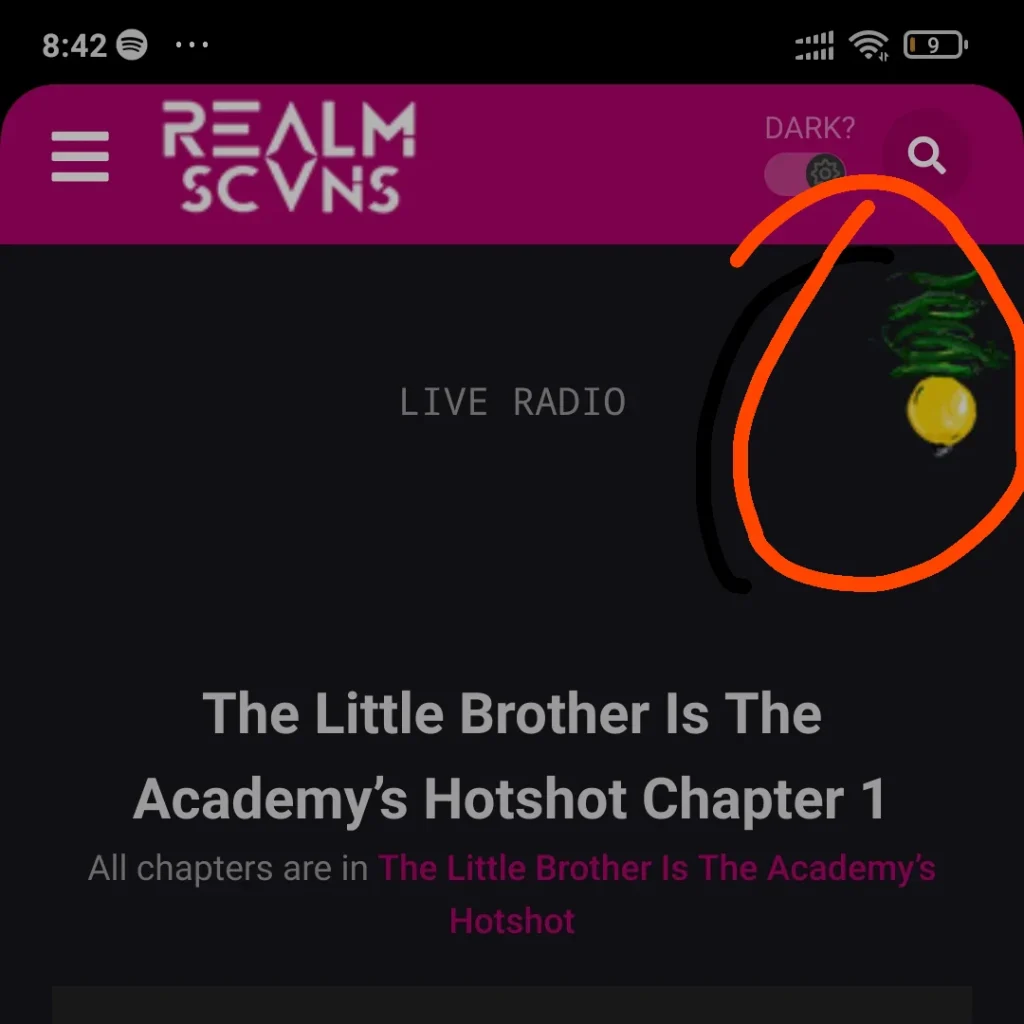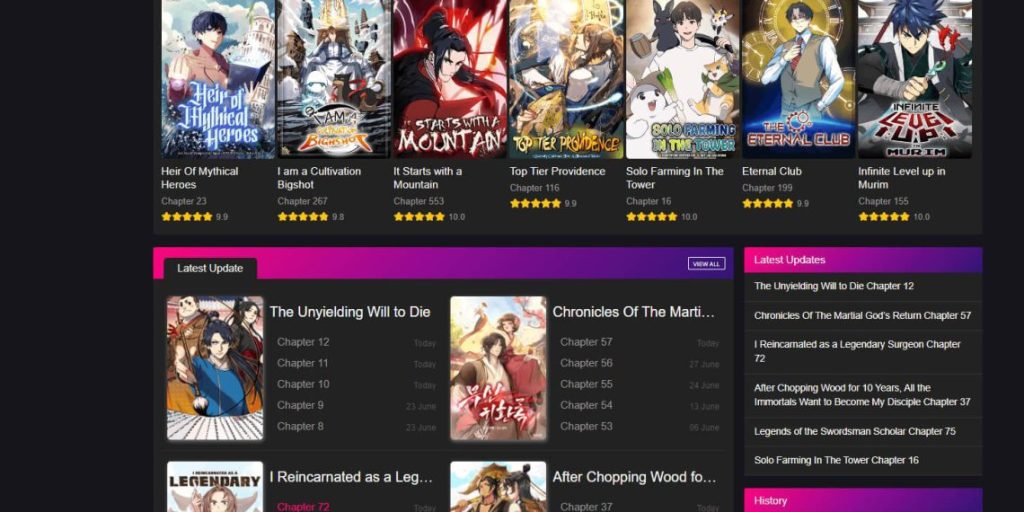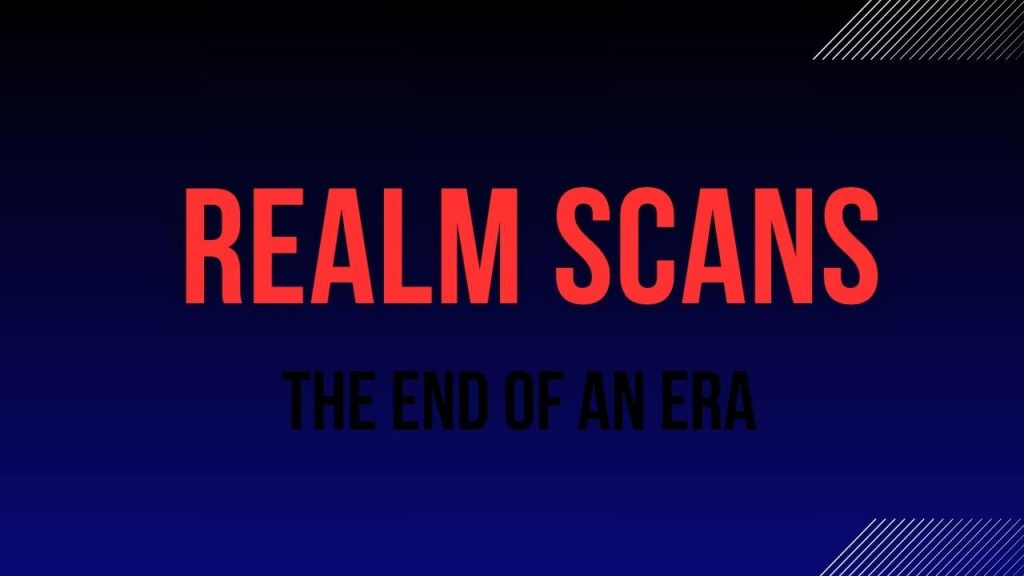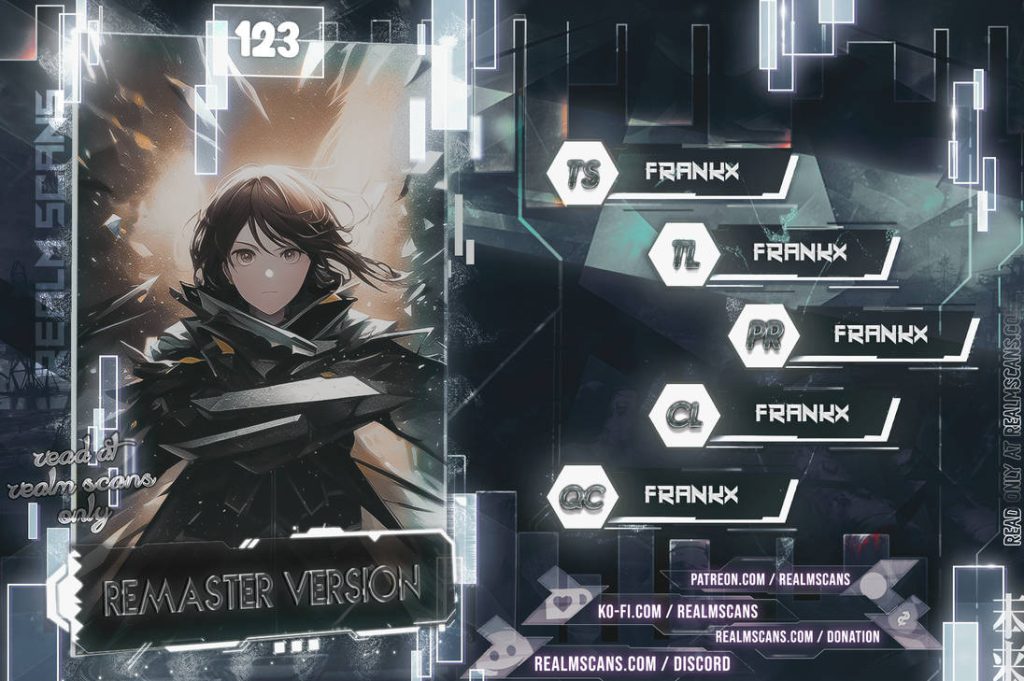Realm Scans

In the ever-evolving world of online manga consumption, Realm Scans established itself as a prominent destination for manga enthusiasts. Known for its extensive library of translated manga series, this scanlation group captured the hearts of countless readers during its meteoric rise to fame. However, in October 2022, Realm Scans made the shocking announcement that it would be ceasing operations. This closure sent ripples through the global manga community, marking the end of an iconic chapter in the realm of scanlation. This article chronicles the origins, growth, and eventual demise of Realm Scans. It also examines the broader implications of this event on manga distribution practices and copyright norms. The nostalgia-tinged farewell note published by the group provides a window into the passion and community bonding that defined the Realm Scans experience. As the dust settles, new questions emerge regarding the future landscape of manga scanlation.

The Rise of Realm Scans
Realm Scans emerged around 2020 as a new entrant in the scanlation scene. Powered by the voluntary efforts of translators, typesetters, editors, and proofreaders, the group was driven by a mission to make otherwise inaccessible manga available to broader audiences. Leveraging the connective powers of the internet, Realm Scans rapidly grew its repository of translated manga series. Ranging from mainstream titles to relatively obscure works, the group amassed a diverse catalog that appealed to readers with varying tastes. Series like “Solo Leveling” and “The Beginning After The End” drew in fans, establishing Realm Scans’ reputation for quality and consistency.
Building an Engaged Community
A key ingredient in Realm Scans’ success was the community it cultivated. The platform brought together manga aficionados in a shared virtual space, connecting them through insightful discussions and a common passion. Readers eagerly awaited new chapter releases, making Realm Scans a part of their everyday manga consumption rituals. For contributors like translators and typesetters, Realm Scans provided a collaborative environment to create accessible versions of beloved titles. The voluntary efforts kept Realm Scans running, highlighting the dedication of individuals united by a love for manga. This grassroots, fan-powered model formed the foundation of the group’s identity.
Consider creating a video documentary or series that delves into the vibrant community culture of Realm Scans, showcasing the passion and dedication of its members and highlighting the collaborative efforts that propelled the platform’s success. Through engaging visual storytelling, viewers can gain insight into the unique dynamics of this fan-powered model and its impact on the manga community at large.

The Legal Challenges and Ethical Debates
However, Realm Scans also operated in a legal gray zone. As an unauthorized distributor of scanned and translated manga, it implicitly challenged copyright norms. The website generated revenue from ads, despite lacking licenses for the content it offered. This brought ethical concerns to the fore regarding the sustainability of the scanlation ecosystem. There is an inherent contradiction between providing wider access to manga versus undermining the manga industry by distributing unauthorized copies. As major publishers expanded their English releases, Realm Scans’ role as a scanlation purveyor came under question. The threat of legal action loomed large, posing an existential crisis for the website. Ultimately, the legal risks and ethical debates set the stage for Realm Scans’ closure.
Bidding Farewell: The Announcement That Shook Fans
In October 2022, Realm Scans bid adieu to its vast readership through a farewell message published on its website and Discord server. The abrupt announcement came as a blow to devoted manga fans who had treated the website as a vital source and community hub. In its farewell note, Realm Scans acknowledged the exponential growth in official English manga releases as a factor influencing its decision. The team expressed pride in the platform they had built while also conveying gratitude towards readers, contributors, and the broader scanlation community that fueled its rise. This poignant goodbye underscored Realm Scans’ impact in introducing acclaimed manga to wider audiences. For heartbroken fans, it marked the end of an era. The void left behind highlighted how integral Realm Scans had been in shaping many readers’ manga experience.

The Aftermath and the Future of Scanlation
In the wake of Realm Scans’ closure, aggregate sites emerged attempting to fill the vacuum. However, none could replicate the distinctive appeal of Realm Scans. Questions surfaced regarding the sustainability of ad-revenue dependent scanlation and the growing push towards licensed distribution platforms. However, the Realm Scans saga also drew attention to the importance of preserving Scanlation’s historical contributions in expanding manga’s global reach. Perhaps the role of future scanlation groups may shift from illicit distribution to enrichment – providing commentary, analysis, and context to officially available titles. The closure signifies a milestone event, triggering important conversations about ethics, access, and the manga industry. As official publishers continue gaining dominance, the landscape keeps evolving. But for now, the disappearance of a scanlation giant leaves nostalgia and uncertainty in its wake.
Conclusion
Realm Scans leaves behind a profound legacy, demonstrating Scanlation’s power in cultivating global fandoms and shaping manga’s dissemination worldwide. Its story encapsulates a distinct phase in online manga history – marked by the enterprising rise of unauthorized distribution hubs in response to access barriers. But this trajectory also raised critical questions about the sustainability of such models. By deciding to close shop at its peak, Realm Scans departed on a bittersweet yet timely note, acknowledging the winds of change. Its farewell marks a transition point – away from scanlation’s shadow networks towards a formalized structure for manga consumption.






